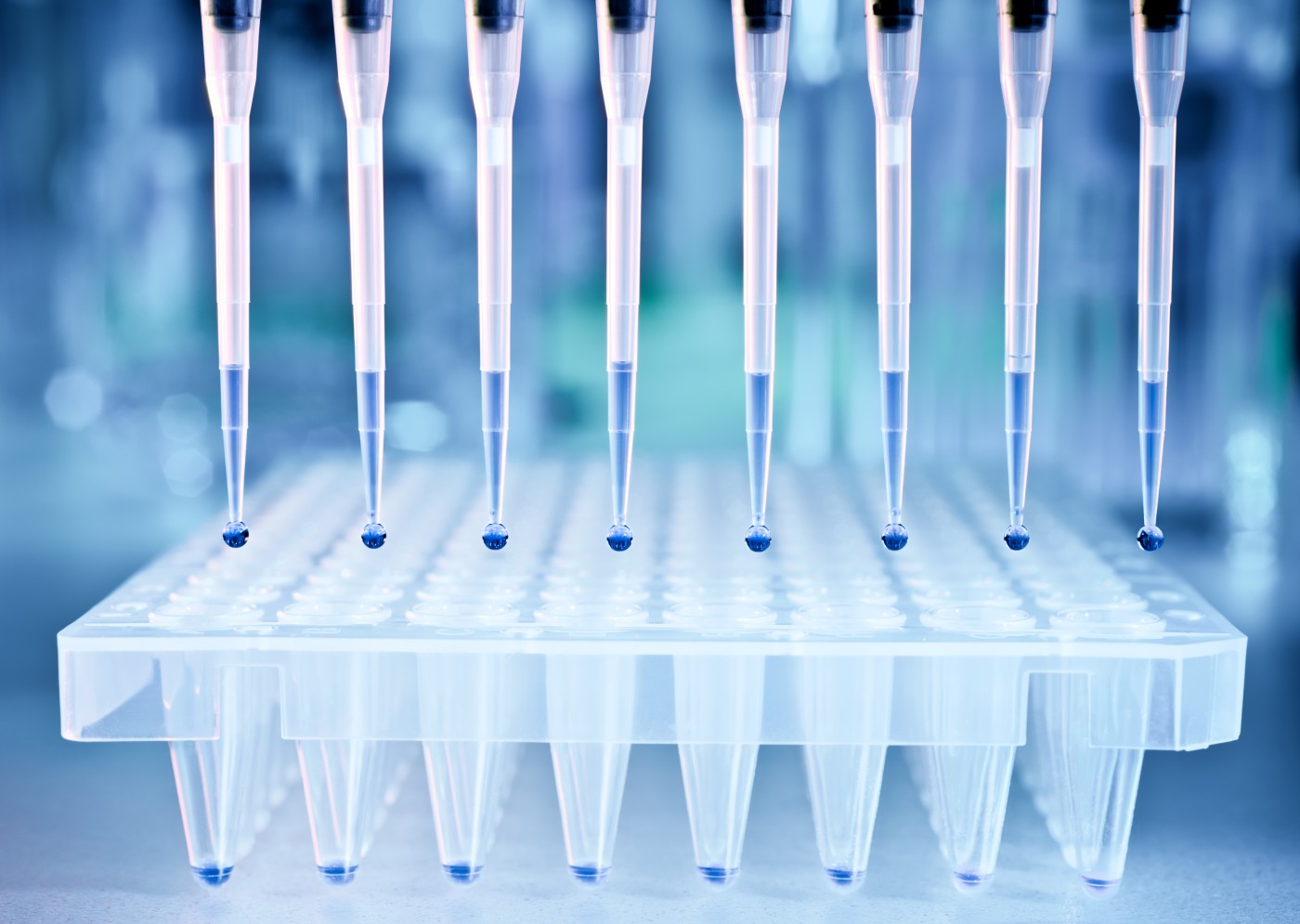MS Patients’ Likely Response to Interferon-β May Be Evident in a Blood Biomarker
Written by |

A new study underscores the variability of immune responses in different people with multiple sclerosis (MS) and suggests this heterogenity affects responses to the commonly prescribed MS medication interferon-β, but blood biomarkers may exist that can help to determine those most likely to benefit from such treatment. The study, “Cytokine profiles show heterogeneity of interferon-β response in multiple sclerosis patients,“ appeared in Neurology, the official journal of the American Academy of Neurology.
MS results from immune attacks on the body’s own myelin, and interferon-β is an immune system-related molecule that the body produces naturally. Interferon-β is not a cure for MS, but it can slow the progress of the disease, particularly if started early. However, MS patients’ response to interferon-β treatment is known to differ.
Researchers from Europe and the U.S. collaborated to better understand these differences. Study participants included patients with the relapsing-remitting form of MS (RRMS) or a precursor to MS, called clinically isolated syndrome, who were receiving interferon-β for the first time. The researchers measured the number of relapses and changes in disability two years before and two years following treatment. The scientists also collected blood sera at the beginning of the study and three months after the participants started interferon-β therapy.
In all, 157 patients participated in the study, divided into six groups based on the levels of proteins — known as cytokines — measured at the beginning of the study.
The team was able to determine two groups of poor interferon-β responders based on those initial cytokine levels. They also identified two subsets of good responders, who showed reduced relapse rates and no disease progression. Patients in all six subsets exhibited variations in changes in their levels of cytokines three months after interferon-β treatment, indicating a great variability in individual responses to this treatment.
“Our data from serum cytokines provide more evidence for immunologically distinct subgroups of MS and suggest these subgroups can stratify treatment response,” the researchers concluded. “Such stratification provides evidence that biomarkers can be informative for prognosis and treatment response.”
Overall, cytokines could act as biomarkers, helping to direct treatments and assisting in the identification of those MS patients most likely to respond positively to therapies such as interferon-β. However, more research is needed to determine which cytokines are good predictors of MS treatment response.


